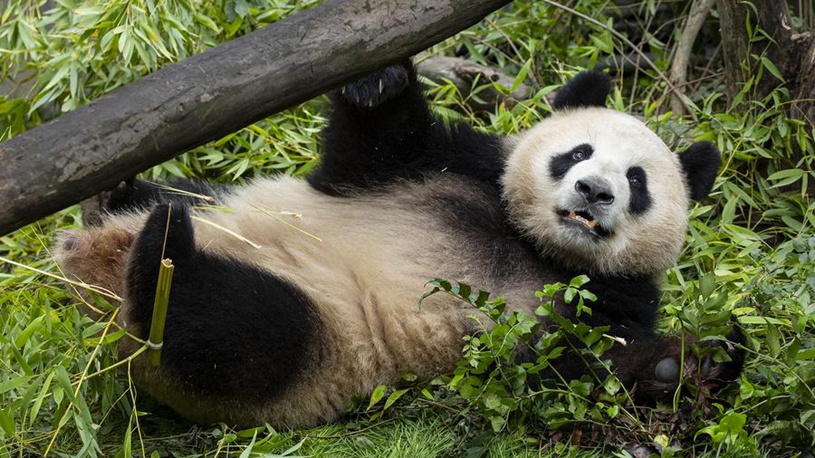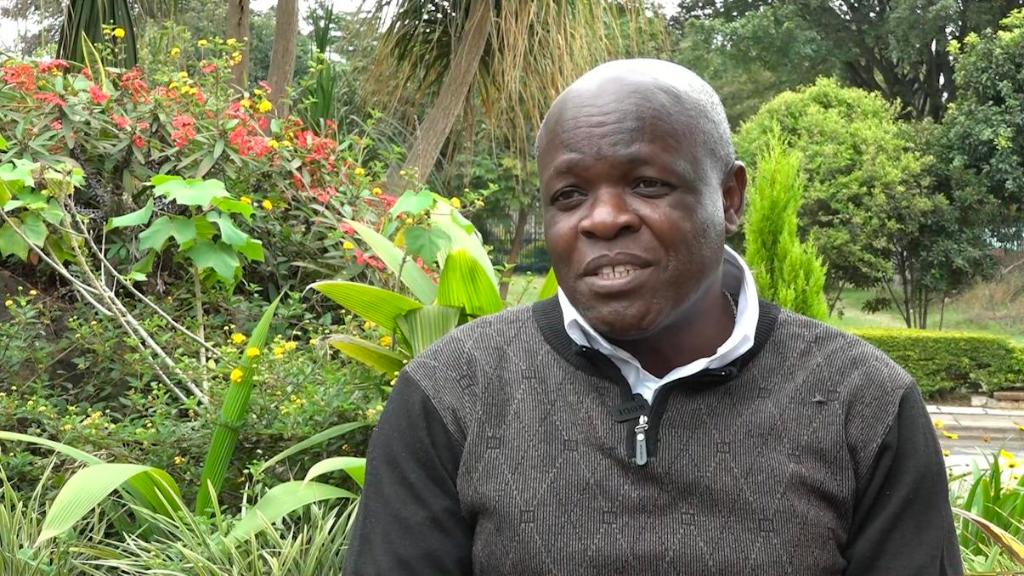Rather than instigating, many countries from the Global South have put forward peace initiatives or conducted shuttle diplomacy between Russia and Ukraine, becoming key players in fostering dialogue and promoting peace.
BEIJING, Aug. 11 (Xinhua) -- A senior Chinese diplomat recently launched a new round of "shuttle diplomacy" addressing the Ukraine crisis, underscoring China's active commitment to maintaining global peace.
Such efforts have demonstrated China's commitment to acting as a mediator between conflicting parties.
Since July 28, Li Hui, a special representative of the Chinese government on Eurasian affairs, has visited Brazil, South Africa, and Indonesia -- key members of the Global South -- on a mission to de-escalate tension.
During the visit, the countries praised China's constructive role in promoting peace talks and voiced commitment to working with China and other relevant parties to find a collective, inclusive approach to resolving the crisis.
Rather than instigating, many countries from the Global South have put forward peace initiatives or conducted shuttle diplomacy between Russia and Ukraine, becoming key players in fostering dialogue and promoting peace.
China, in particular, has maintained an objective and impartial stance, consistently advocating peace and dialogue. Beijing has repeatedly dispatched special envoys to engage in shuttle diplomacy, laying the groundwork for ceasefire talks.
China's latest round of shuttle diplomacy is driven by the belief that the more nations call for peace, the greater the chance for de-escalation, bringing the world closer to renewed negotiations and peace.
Facing turmoil and crises, China has always advocated peace and promoted dialogue. As long as conflicts persist, China's efforts to promote peace and dialogue will not cease. This holds true not only for the Ukraine crisis but also for other international and regional issues.
In July, 14 Palestinian factions gathered in Beijing for the first time to hold a reconciliation dialogue, bringing hope to the suffering Palestinian people. Since the outbreak of the latest round of Israeli-Palestinian conflict, China has repeatedly pushed for a ceasefire in the United Nations Security Council.
In March of last year, with the support and facilitation of China, Saudi Arabia and Iran reached a historic reconciliation in Beijing, setting an example for regional countries to resolve conflicts and differences through dialogue and consultation. Some Middle Eastern media exclaimed, "Seeking peace, even if it is far away in China."
Upholding a common, comprehensive, cooperative, and sustainable security concept, China never fans the flames of conflict or takes advantage for its own benefit when facing crises. Instead, it maintains an objective and impartial stance, actively seeks consensus among the international community, and injects more stability and positive energy into a world fraught with uncertainties.
Currently, the Ukraine crisis and the Israeli-Palestinian conflict remain unresolved, with the risk of further escalation. The international community widely recognizes the need to establish communication platforms and strengthen peace efforts, especially in the face of increasingly dire situations.
Though the road to peace is difficult and full of obstacles, China remains dedicated to any efforts that help lower tensions and bring about peace and stability. ■











